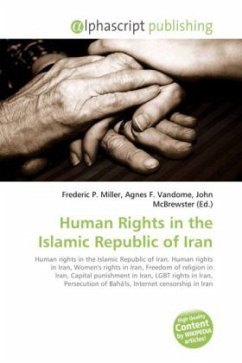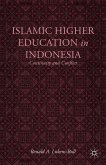Islamic sociology is a discipline of Islamic studies and the social sciences. Sociologist Robert Bellah argues that Islam in its seventh-century origins was, for its time and place, "remarkably modern...in the high degree of commitment, involvement, and participation expected from the rank-and-file members of the community." This because, he argues, that Islam emphasized on the equality of all Muslims. Leadership positions were open to all. However, there were restraints on the early Muslim community that kept it from exemplifying these principles, primarily from the "stagnant localisms" of tribe and kinship. Dale Eickelman writes that Bellah suggests "the early Islamic community placed a particular value on individuals, as opposed to collective or group responsibility.








